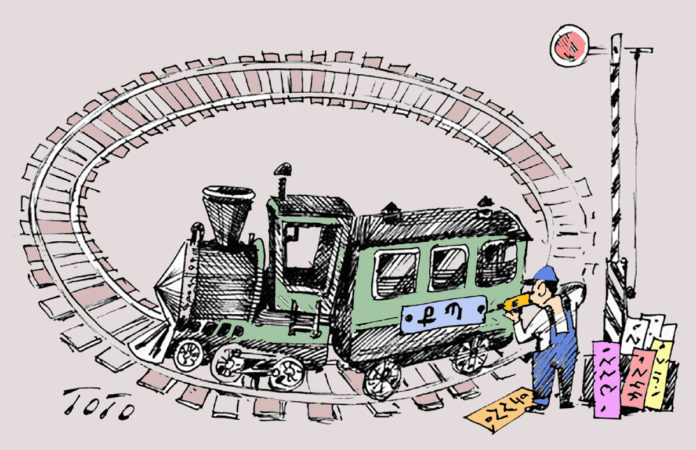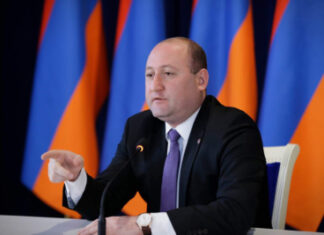By Edmond Y. Azadian
Armenia’s political reformation course, which was halted for a short period to accommodate the convocation of the Francophonie conference, is to resume with the resignation of Prime Minister Nikol Pashinyan on October 16.
Incidentally, the 58-nation member Francophone summit, headed by France’s President Emmanuel Macron and Canada’ Prime Minister Justin Trudeau over the weekend, was a good opportunity to rehearse all the slogans of democracy. Now comes the true test of installing and applying true democracy.
Since the fall of the former regime and the election of Pashinyan as prime minister on May 8, Armenia’s political fortunes have experienced many twists and turns until they were cleared of all hurdles to head into snap elections in December.
After Pashinyan took the reins, the Republican Party, the longtime political juggernaut of Armenian politics, which had held a majority in the parliament, tried a comeback with a sneaky legislative action with the collusion of Gagik Tsarukyan’s Prosperous Armenia Party, which still has 31 members in the parliament, and the ARF (Dashnaktsutyun), to which Pashinyan responded with swift political action by firing the ministers and governors (marzbeds) belonging to the renegade parties.
Tsarukyan, the unabashed chameleon of Armenia’s political landscape, struck a deal and signed a pact with Pashinyan to refrain from proposing a prime ministerial candidate and agreeing to hold snap elections in December.










